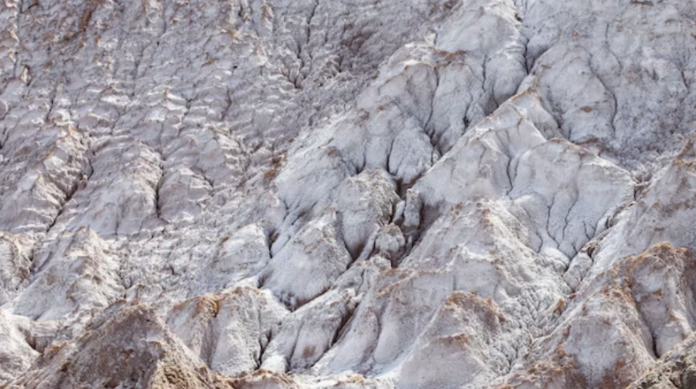Potash refers to a group of minerals and chemicals that contain potassium (chemical symbol K), a basic nutrient for plants and prime ingredient in fertilizer. It is observed that most of the potash produced is as potassium chloride (KCl), even though it is often measured and described in terms of potassium oxide (K2O) equivalence for consistency as a result of deposits that could have different percentages of potassium.
It is important to say that Canada remains the country with the world’s largest potash reserves, at 1.1 billion tonnes of potash (the equivalent to potassium oxide).
The primary use of potash is in the production of fertilizers which support plant growth, increase crop yield and disease resistance, and enhance water preservation. Potash in small quantities is also used in manufacturing potassium-bearing chemicals such as: detergents, ceramics, pharmaceuticals, water conditioners and alternatives to de-icing salt
The human diet contains potassium as an essential element that is required for the growth and maintenance of human tissues, muscles and organs, as well as the electrical activity of the heart.
Saskatchewan is the only Province in Canada that is referred to as the sole producer of Potash in Canada and the Province is the largest potash producer in the whole wide world and typically accounts for about 30 percent of global potash production.
Question: Why is Canada the world’s largest producer and exporter of potash
Answer: Saskatchewan









